Breaking News: Innovative Wildlife Rehabilitation at Singapore Zoo
Veterinarian Charlene Yeong, assistant vice-president at Mandai Nature in Singapore, has been at the forefront of a groundbreaking approach to treating injured wild animals at the Singapore Zoo. In a remarkable case, a wild Sunda pangolin named Berani, who was brought to the zoo after a probable traffic accident in 2018, underwent a complex surgery to repair a fractured femur. The innovative procedure involved surgically implanting a metal plate to support healing, a first of its kind in the region.
The surgery was performed by Yeong and her colleague, who had to approach the bone from the medial aspect, or the belly side of the leg, to avoid the pangolin's protective scales. Berani's remarkable recovery was not without its challenges, however, as he developed a skin condition, a type of pemphigus, an autoimmune disease, which required further treatment.
The immediate impact of this innovative approach has been significant, with Berani's successful rehabilitation serving as a model for future wildlife conservation efforts. The Singapore Zoo's Mandai Wildlife Group, where Yeong works, has been at the forefront of wildlife rehabilitation in the region, providing critical care to injured animals and promoting conservation efforts.
The background context for this innovative approach is the growing threat of habitat loss and road accidents to wildlife populations globally. In Singapore, road accidents are a major immediate threat to pangolins, which are protected by law. The Singapore Zoo's efforts to rehabilitate injured animals like Berani are crucial in promoting conservation and education about the importance of protecting wildlife habitats.
As for what happens next, the Mandai Wildlife Group plans to continue its innovative approach to wildlife rehabilitation, working closely with local conservation organizations and governments to promote the conservation of endangered species like the Sunda pangolin. This groundbreaking work has the potential to make a significant impact on the future of wildlife conservation in the region and beyond.
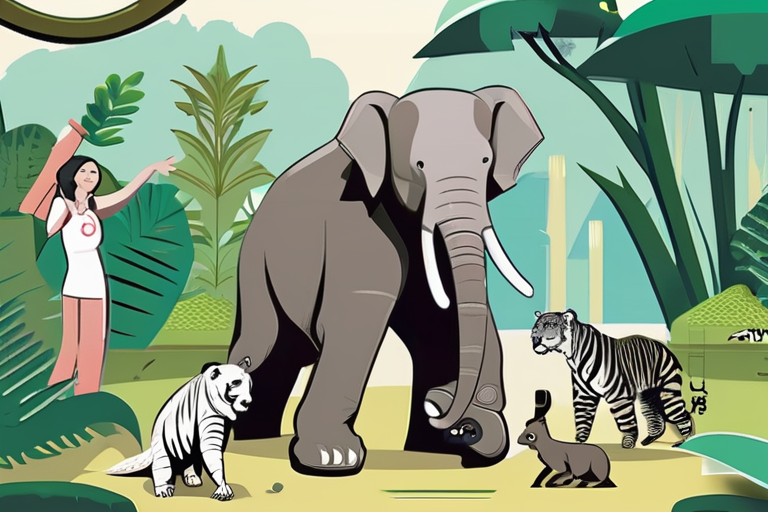


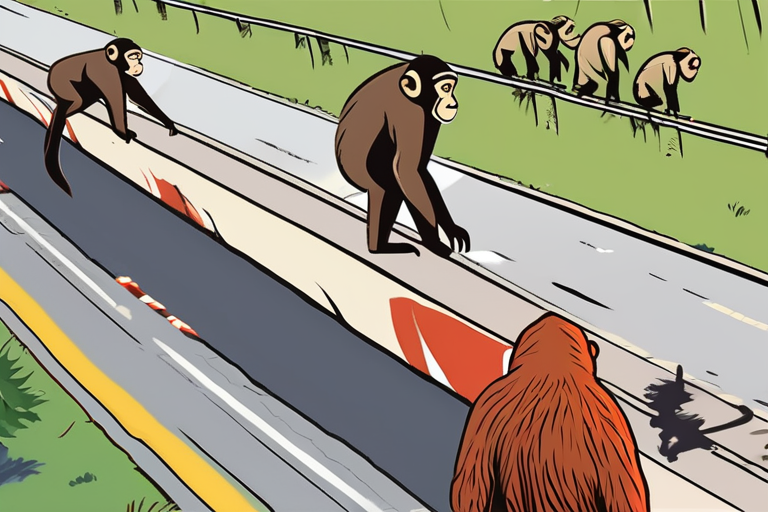

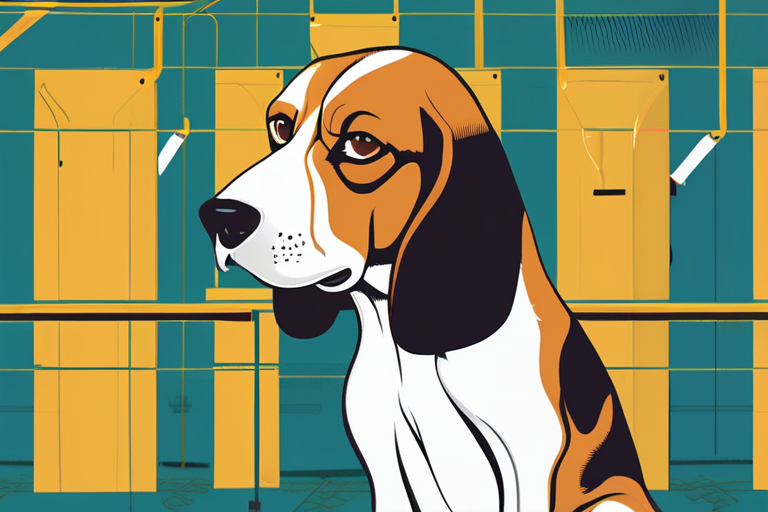
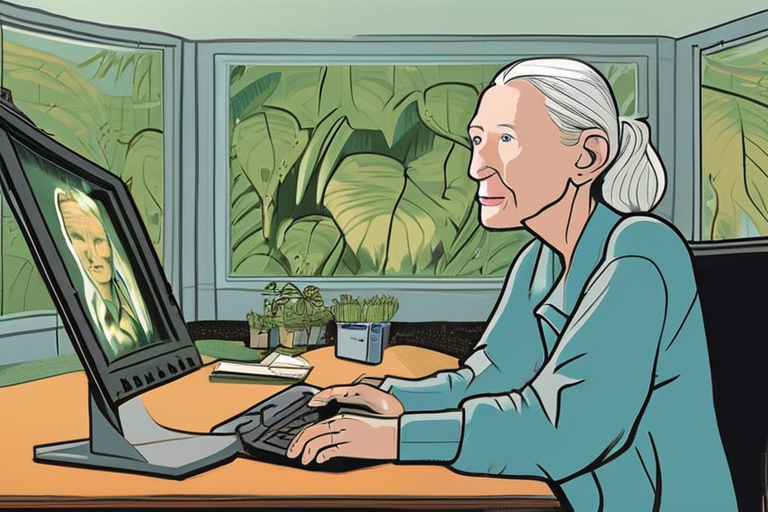
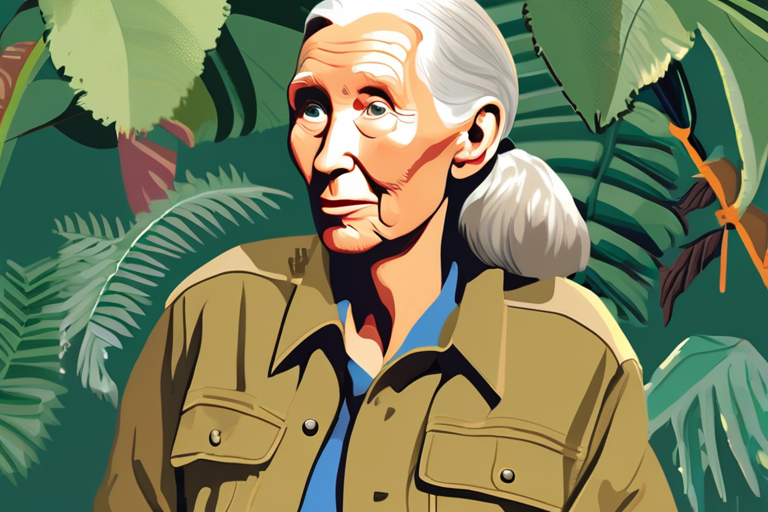
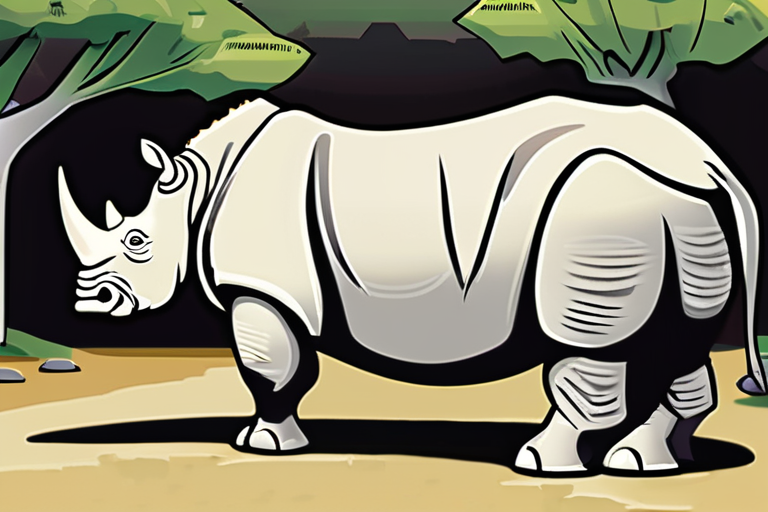
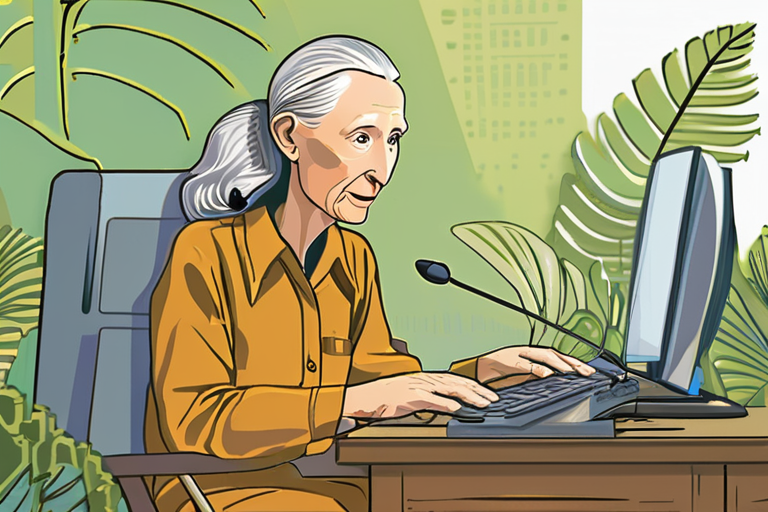
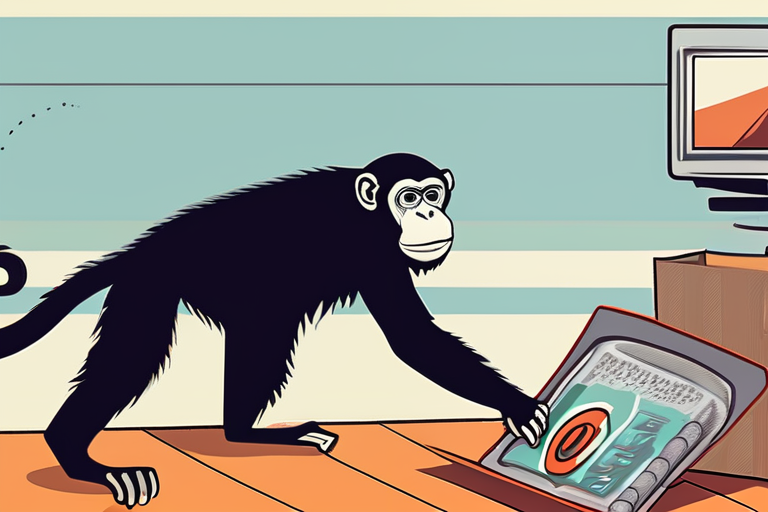
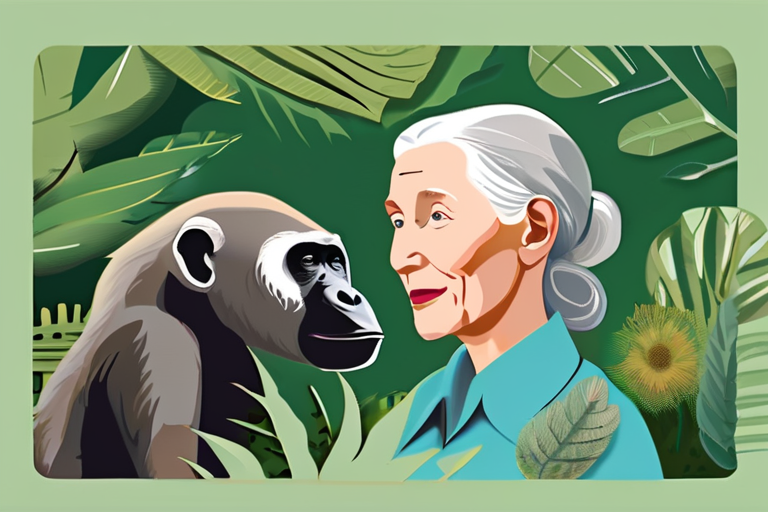
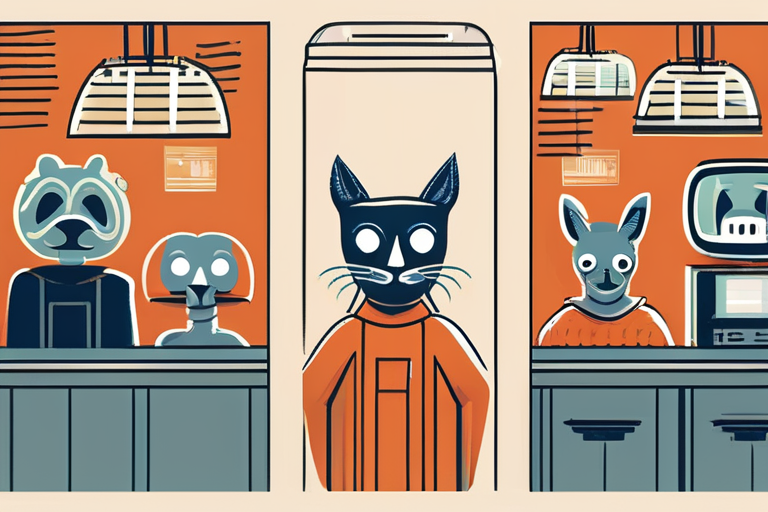
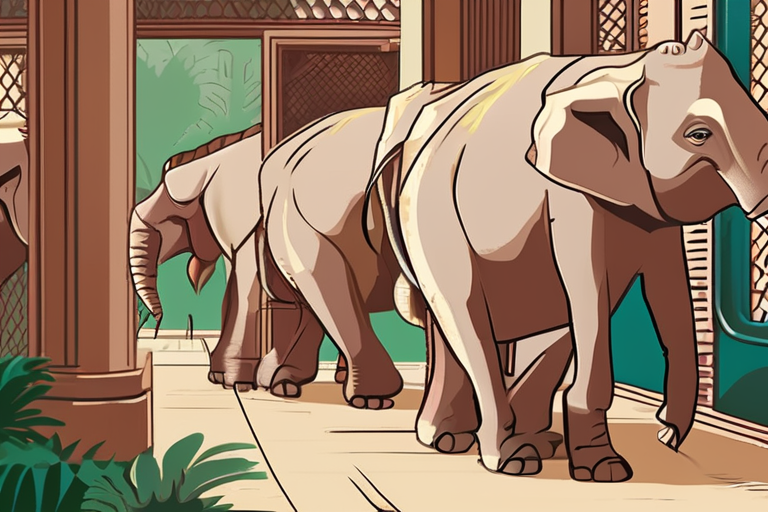
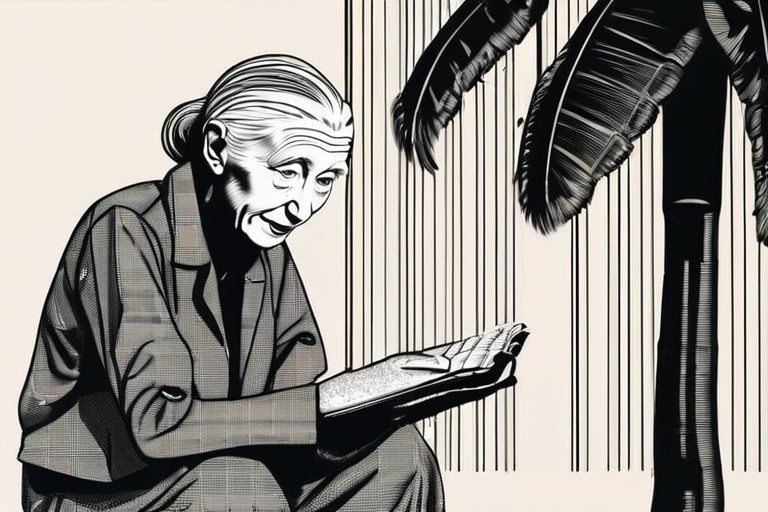
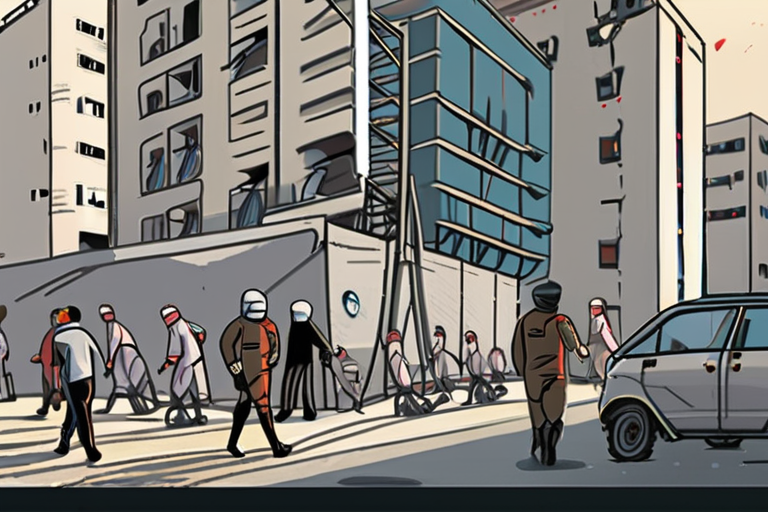
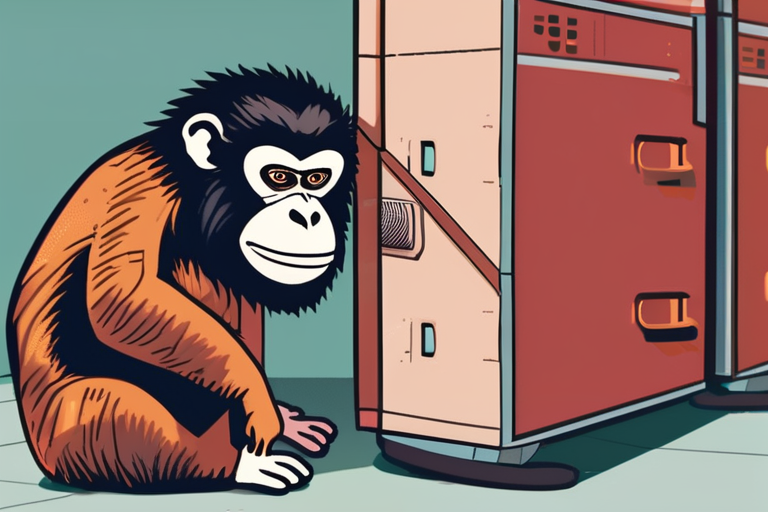
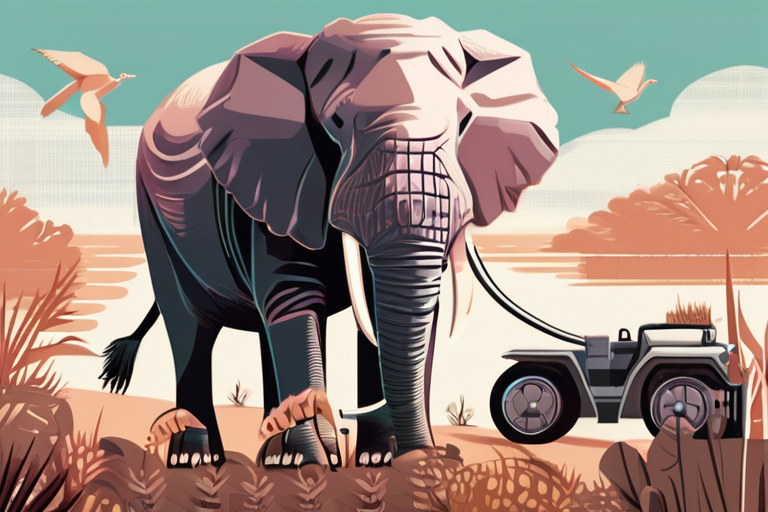
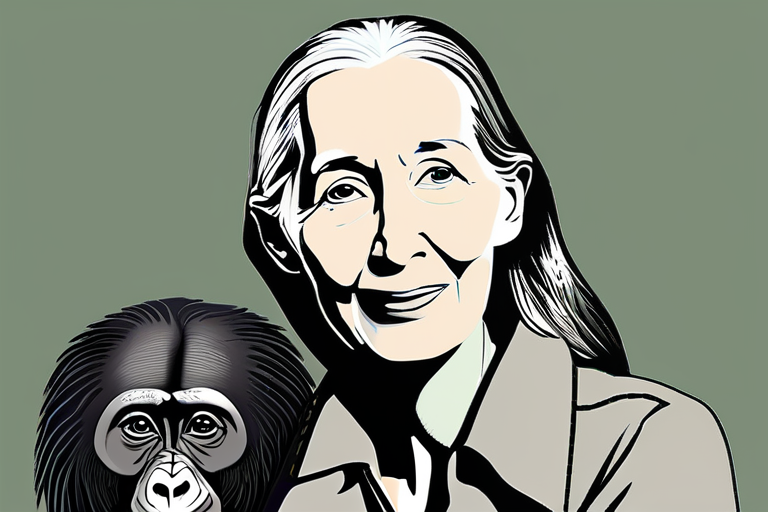
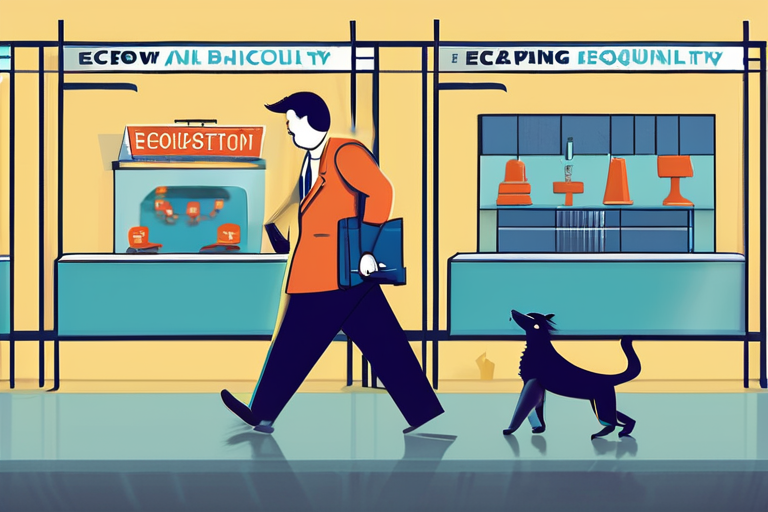
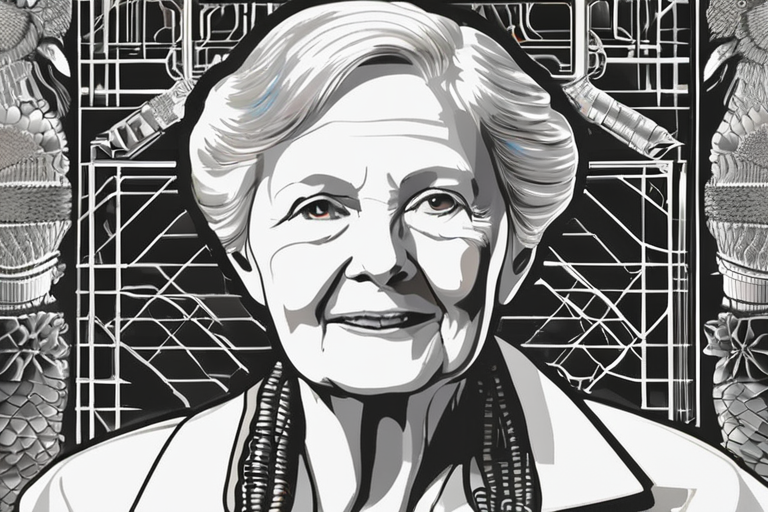
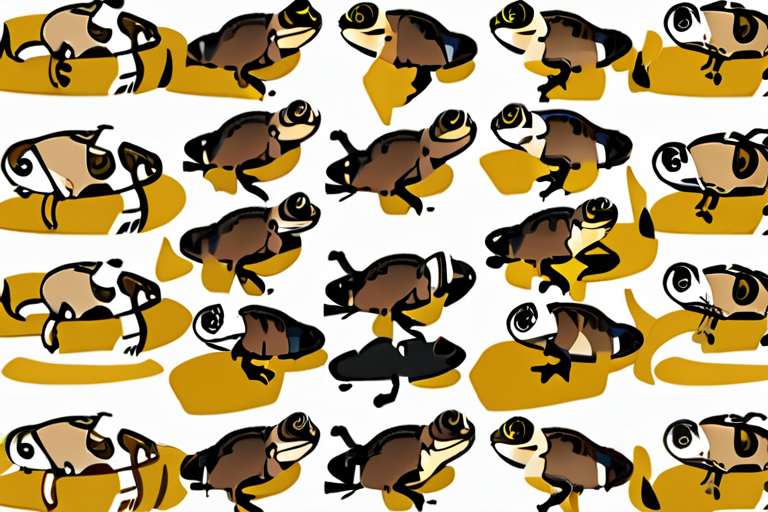
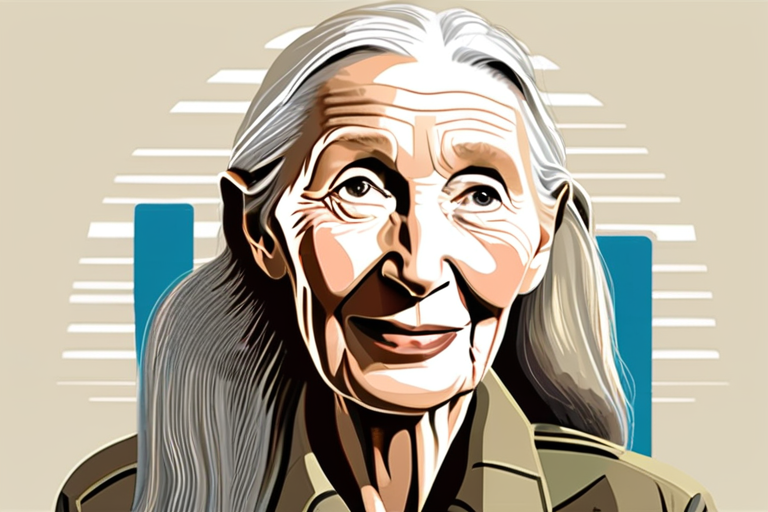
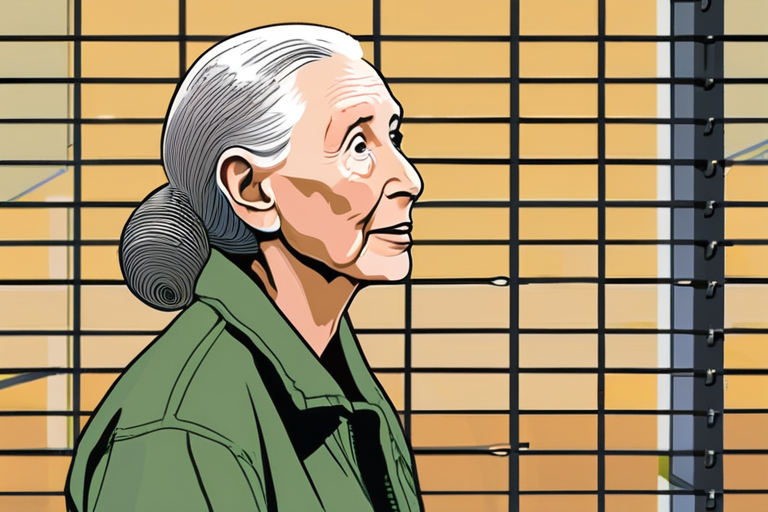
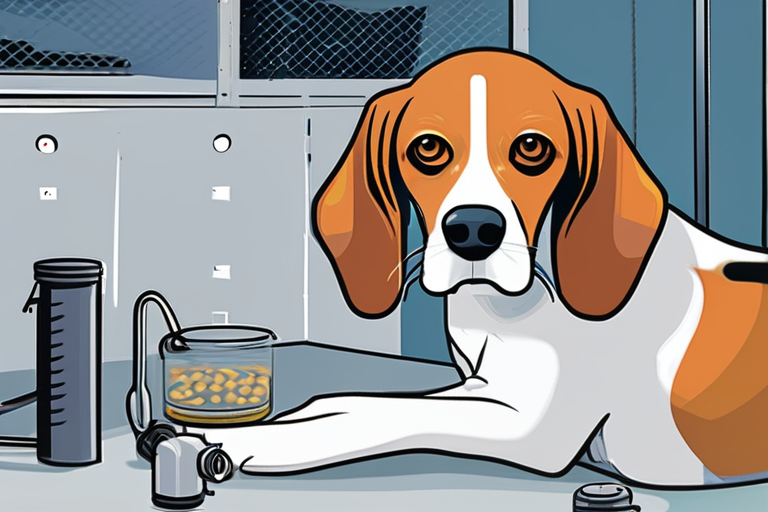
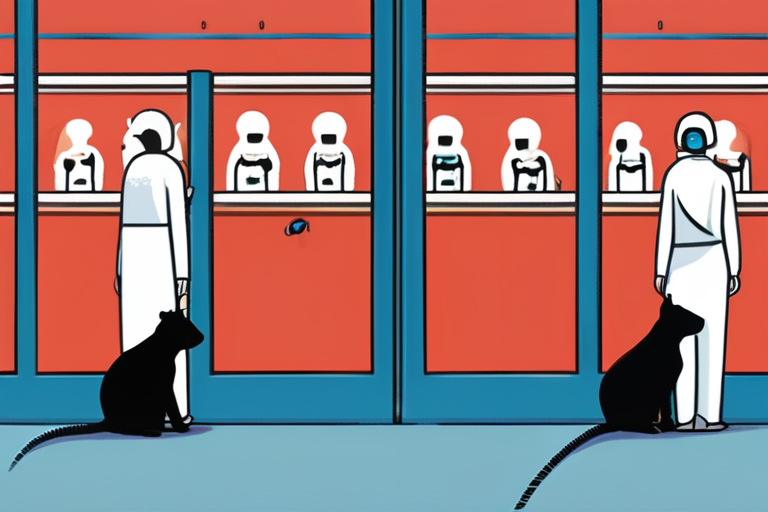
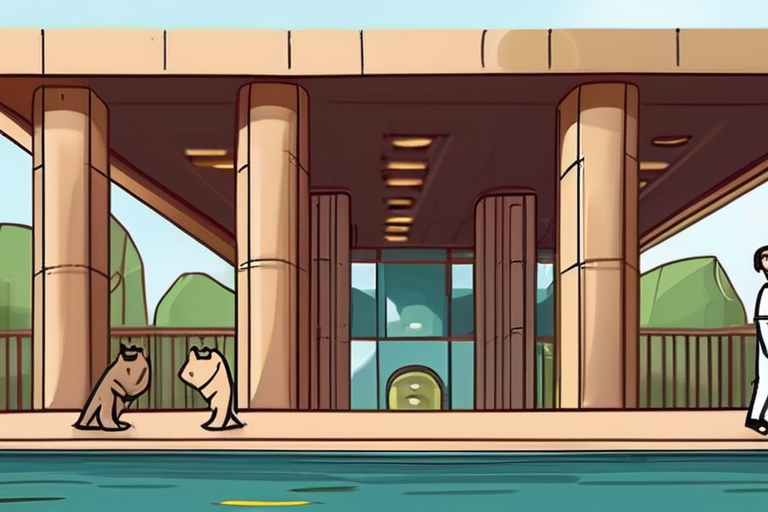
Share & Engage Share
Share this article